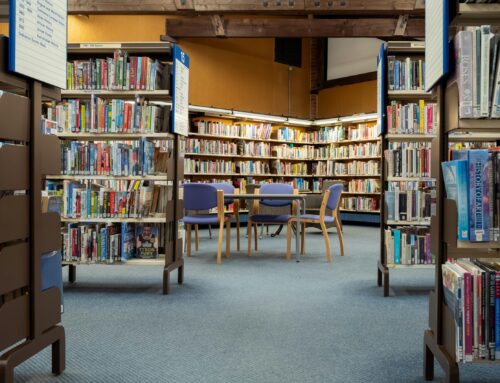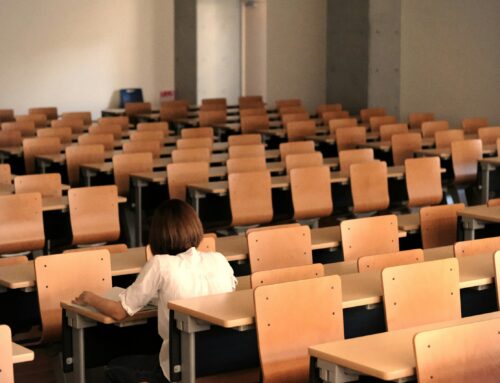
Though most teachers roll their eyes at the class clown, humor can actually have a beneficial role in the classroom. While the usual comic interruptions to a lesson may not be helpful, incorporating play and laughter into a lesson plan is an effective way of encouraging children’s social emotional development, particularly for children with developmental disabilities.
Clowning is a form of comedic performance that focuses on physical movement, gestures, and character work. A good clown frequently brings the audience into the performance, using suggestions, movements, or ideas generated in the crowd to inform their act. Clowns have a long history in performance spaces, and recently have become more professional, working with children in hospitals and schools to develop a child’s social emotional sense through productive play.
In the school setting, clowning is a welcome break to the “seriousness” of a typical lesson. When learning clowning, children are often encouraged to create a clown persona of their own, bestowing this new character with traits and histories as boundless as the child’s imagination. In embodying a new persona, children can gain a self-reflexive awareness of themself.[1] Clowns are klutzy! And silly and frequently make mistakes. In encouraging mistakes and stumbles and misunderstandings all in service of making one another laugh, clowning works a bit like fiction. Children can experience the small drama of a misunderstanding within the safety of play. A good clown often uses their own flaws as material for their persona, allowing the child to examine their own identity safely. Clowning then is not just a means of passing some time and laughing together but is a generative type of play where mistakes are encouraged and laughed at together.
Clowning and playfulness, on the other hand, may take away from important learning time, distracting children and pulling them from the larger educational tasks at hand. And while clowning may not lend itself perfectly to the pencil-and-paper lessons that are so important in schooling young children, clowning directly teaches the social emotional skills that curriculums often neglect. For children with intellectual disabilities, learning social emotional skills can be particularly difficult. Luckily, learning these skills is most effectively done with play. In a study on the benefits of clowns on the playfulness of children with intellectual disabilities, researchers found that children who played with clowns not only developed better social emotional skills, but they also developed a better sense of play, mainly how to play alone and with other children in a safe, productive way.[2]
Clowning does not just give them the self-reflexive awareness and the confidence as previously mentioned, but also a greater sense of independence. In encouraging play within these children, they gain a greater understanding of themselves and their community of peers, suspending the scary reality of being a child in school and being welcomed into a playful world where mistakes are not so embarrassing, and they can generate a self-image that is explorative and confident. The next time you are faced with a classroom full of grumpy, uncommunicative children, consider teaching play with just as much emphasis as math or reading.
Along with play, another great way to encourage creativity and play within a child is fiction! Reading to and with a young child is a great means of having these imaginative stories jump off the page. Publishing Solutions Group sure loves a good story and loves to see how these stories can help inspire and teach children and adults alike.
[1] Clowning: It’s Effects on Self-Image and Interpersonal Relationships in Nursery Schools
[2] https://pmc.ncbi.nlm.nih.gov/articles/PMC10100092/
Photo by Nick Fewings on Unsplash




